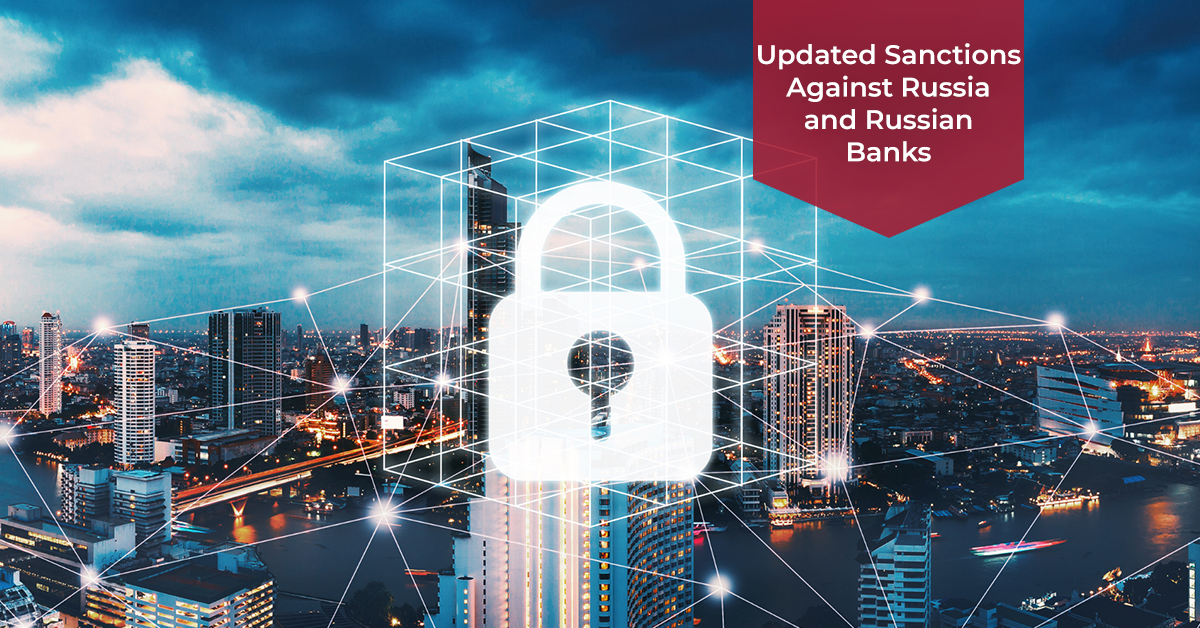
Updated Sanctions Against Russia and Russian Banks
In reaction to the war against Ukraine that began on February 24, 2022, and the illegitimate annexation of Ukraine’s Donetsk, Luhansk, Zaporizhzhia and Kherson regions, the EU has imposed significant and unprecedented sanctions against Russia.
They increase the amount of sanctions put in place against Russia since 2014 as a result of the annexation of Crimea and Russia’s reluctance to implement the Minsk agreements.
Individual sanctions, targeted restrictive measures (economic sanctions) and visa restrictions are all examples of sanctions.
The economic penalties are intended to hold Russia accountable for its conduct and to successfully obstruct Russian efforts to prolong the attack.
Individuals who support, finance, carry out or who gain from actions that undermine Ukraine’s territorial integrity, sovereignty or independence are the subject of the sanctions.
Which Russian Banks Are Under Sanctions?
Sberbank, Gazprombank, VEB.RF, VTB Bank, Russian Agricultural Bank, Sovcombank, Novikombank, JSC Alfa-Bank and Credit Bank of Moscow are all subject to sanctions.
What Are Sanctions?
Major Russian banks were cut off from SWIFT, the global messaging system for international payments, as part of the sanctions, albeit there would still be some limited accessibility to ensure that gas supplies could still be paid for. To prevent it from mitigating the effects of the sanctions, the Russian Central Bank, which has $630 billion in foreign exchange reserves, was subject to asset restrictions as part of the measures, which also involved the Nord Stream 2 Gas Project. The entire value of Russian assets that had been blocked by sanctions as of 1 March was $1 trillion.
ExxonMobil, General Motors, Apple, IKEA and other significant global corporations have all chosen to impose sanctions on Russia. The governments of the EU, UK and Australia have all expressly urged the global private sector to support the upholding of international law and have also urged global internet platforms to take down Russian propaganda. Beyond what was needed by law, multinational corporations have cut their ties with Russia in order to comply with sanctions and trade restrictions imposed by their home countries, as well as to avoid the financial and reputational risks involved in doing business in there.
When Did Russian Sanctions Start?
With the attacks starting on February 24, many other nations started enacting sanctions with the intention of wrecking the Russian economy. The sanctions covered a wide range of activities done by: people, banks, companies such as; financial transactions, bank transfers, exports, and imports.
